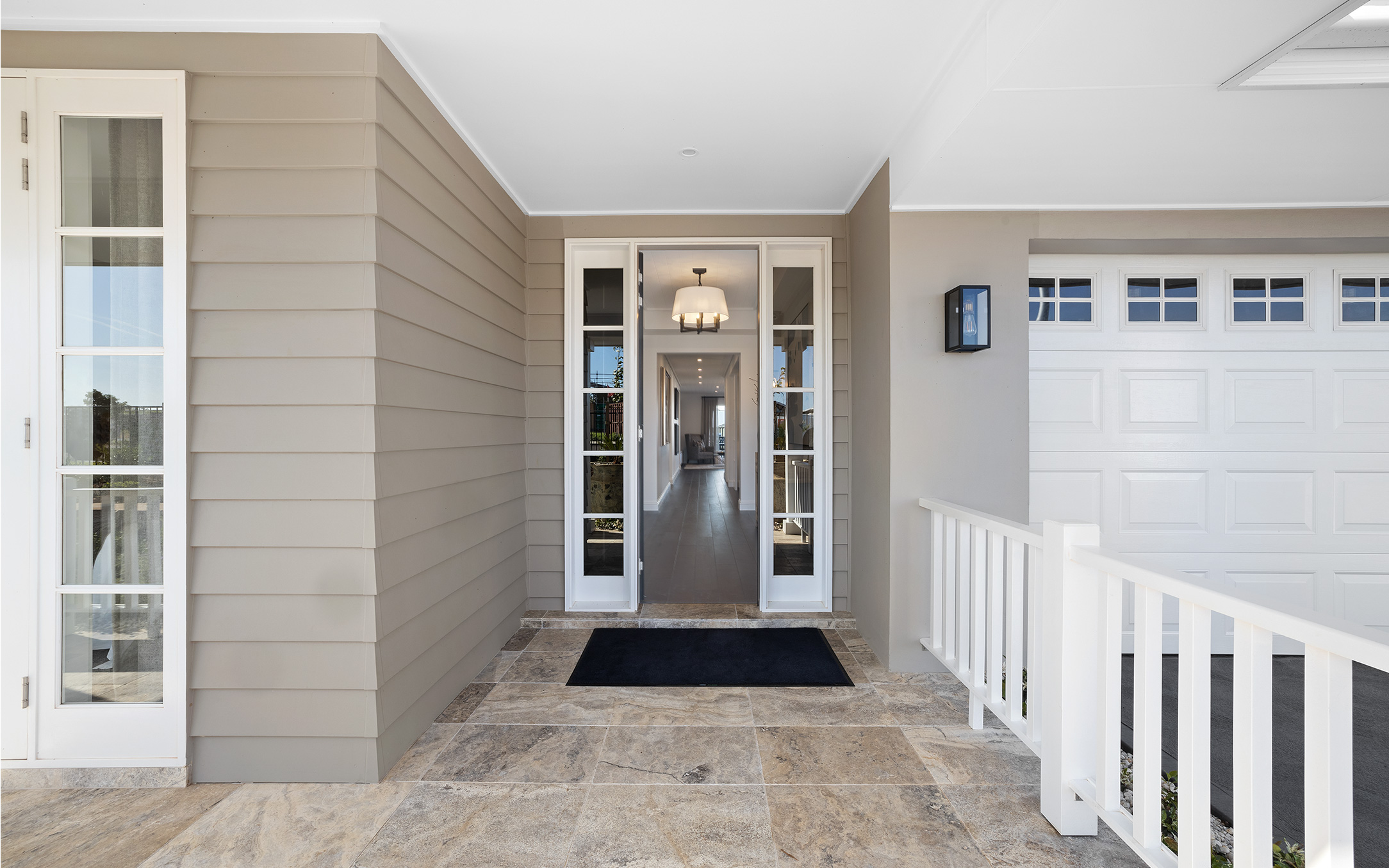The home building process
What to do (and what not to do) when building your house
Building a new home is a great opportunity to have exactly what you want and a space that is tailored to you or your family. Given that ‘…building a house today costs four times more than it would have over twenty years ago,’it can be quite the investment. Here are some of the “dos” and “don’ts” when you’re looking to build a new home.
Here’s what to do when building a new home
Do keep it low
Keep in mind the final price and budget for it, not the tender price. Have a fixed budget and stick to it. All the little “extras” will add up quicker than you realise.
Maintain your site costs low as much as you can. Liaise with a trusted company, such as Rawson Homes, who are highly experienced and upfront about all costs and conditions at the very start of the project. The Rawson Homes team will happily assist you along every step of the building process.
Take the guesswork out of it by conducting the proper and much needed tests and investigations at the very start of the process. This will help you understand exactly what costs are involved before you begin and no nasty financial surprises will crop up.
Do some soil testing
A soil test helps with ascertaining costs that may occur (such as excess piering), which are fundamental to your home's stability and a crucial part of the foundation. Having this information upfront before commencement of building ensures there's no scope creep when your builders are laying the foundation. Your soil qualities also determine which slab class you will require.
Do get a contour survey
Getting a contour survey done is advisable so you discover the limitations and challenges of your block of land before you build. Things such as your driveway and slope of the land will all influence price.
The look, shape, angle and materials of your driveway will all contribute to the overall cost. And think about where your driveway leads– straight to your garage. Don’t leave it until your slab has been laid down to realise that you need extra construction (and more dollars) to ensure your driveway and garage align.
Drop beams are another facet that are determined at the initial stage and could range in price, depending on your block and slope needs. Undertaking a contour survey from the “get go” will let you know what kind of slope you’re building with and therefore which types of drop beams you’ll need.
Do consider your land
Ensure you have all the necessary documentation and permissions for your land, so that when it comes time for a site inspection or evaluation, all things can be considered carefully and an accurate price can be provided.
Check that your home meets the Building Sustainability Index (BASIX)— the NSW planning standard that sets a number of energy and water reduction targets that each home needs to pass.
Here's what not to do when building a new home
Don't go all fancy
Keep things simple and realistic with smart, clean and elegant designs and features and avoid upgrading to any unnecessary luxuries that you will outgrow. A neutral and simple colour and design scheme will make the perfect base and you always have the option to upgrade things further down the track. Our LUX inclusions are a great way to navigate this as all the little extras that make a house a home are already included in your build.
Undertake some research and be sure of what you want prior to completing your selections as you might inadvertently upgrade to features that you don't need.
Don't base it on emotion
We understand that building a house can be an extremely emotional process but some decisions need to be based on practicality, rather than emotions. This will help you save money in the short term and help your property retain / increase its value over time.
Don’t get rushed into signing a contract
You need to be happy and well informed with your decision, after all, it’s a big investment!
Don't neglect to pay attention to the paperwork
You should definitely pay close attention to the paperwork - such as the contract, tender, colour selections and variations and plans - involved before commencing your building project. You need to familiarise yourself with and know exactly what you are getting so there are no miscommunications or confusion during the build or unwelcome discoveries when it comes time for handover. Adhering to council requirements from the "get go" will prevent unnecessary costs down the line.
Disclaimer:
This is not intended to be professional advice but a general idea of what you can anticipate. For more information and professional assistance, please contact Rawson Homes today.




